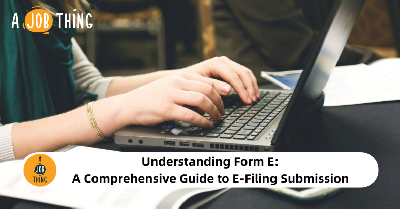
Compassionate Leave in Malaysia: All You Need to Know
Create Job Description Using AI
Write appealing job descriptions for any job opening to attract the most qualifield and suitable candidates. FOR FREE.
try now
It is an unfortunate truth that some of your employees will lose loved ones while they are working for you. In these situations, they will require time off in order to grieve, plan and attend a funeral, among other things.
The time off taken by the employee for the reasons above is referred to as bereavement or compassionate leave. It is entirely up to the employer to decide how many days of compassionate leave they can grant.
This article will advise you on how to provide this type of leave and address concerns like "how long is compassionate leave?" and "is compassionate leave paid?"
Entitlement to compassionate leave
Currently, employers in Malaysia are not required by law to provide compassionate leave to their employees.
This is due to the lack of legislative compassionate leave or any equivalent provisions in Malaysia.
However, there is also no legal prohibition against you providing your staff with compassionate leave, whether it be paid or unpaid. You can include a policy for compassionate leave in your employment contracts.
Compassionate leave: paid or unpaid?
If you decide to implement a compassionate leave policy, you must decide whether to compensate staff during their time off.
Your policy might, for instance, allow for three to five days of paid or unpaid compassionate leave each year.
Make it clear that they are only for unfortunate circumstances.
It might be prudent to provide more compassionate leave days if someone needs to use their five days but still requires more time off.
Of course, it is entirely up to you whether or not to extend paid leave, but we encourage you to do so consistently with every employee to prevent discrimination.
Is there a difference between bereavement leave and compassionate leave
Although we frequently mix the two terms, compassionate leave is mainly when a worker takes time off following the death of a loved one. On the other hand, compassionate leave can also refer to time off to care for an ill relative or dependent.
Despite this distinction, Malaysian law does not currently provide for statutory entitlement to compassionate leave. Therefore, everything is up to your discretion.
Whatever choices you make about these types of leave, we advise you to draw a distinction between the two in your policy. It is your responsibility to be prepared for the time when an employee asks for a leave of absence because a loved one has passed away.
Visit the HR Library to acquire all relevant HR resources.





